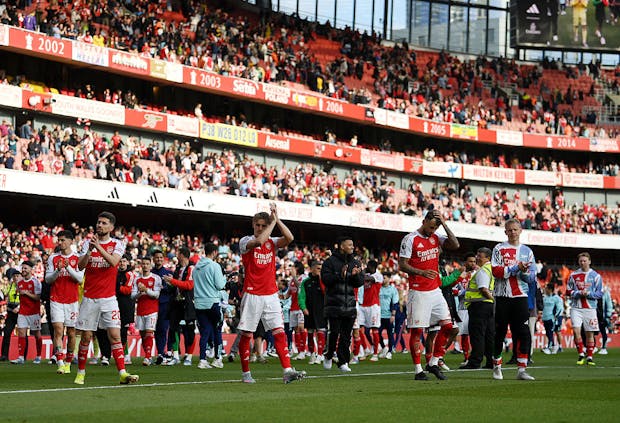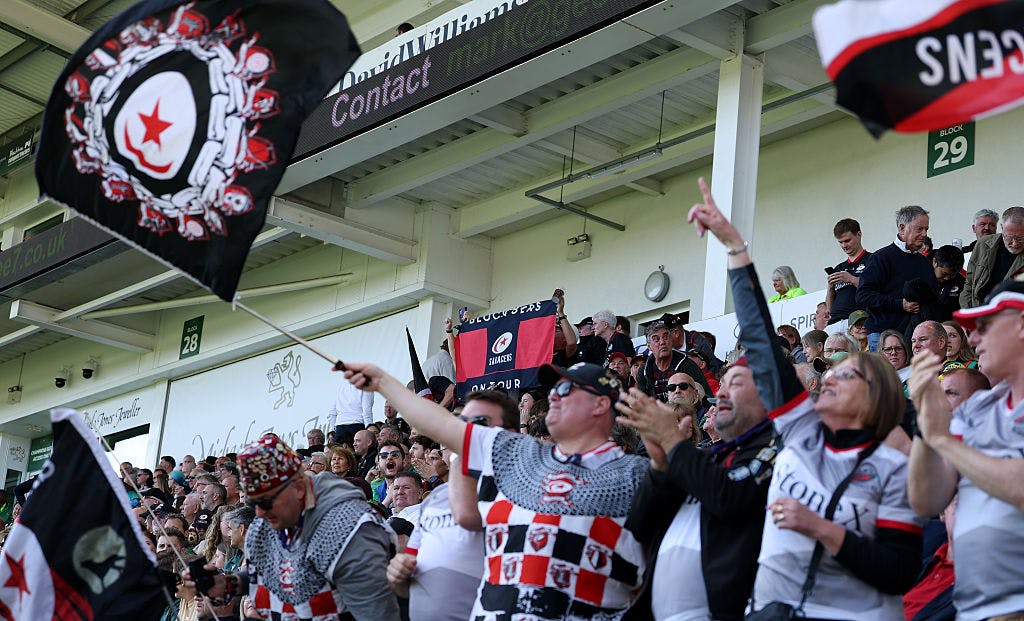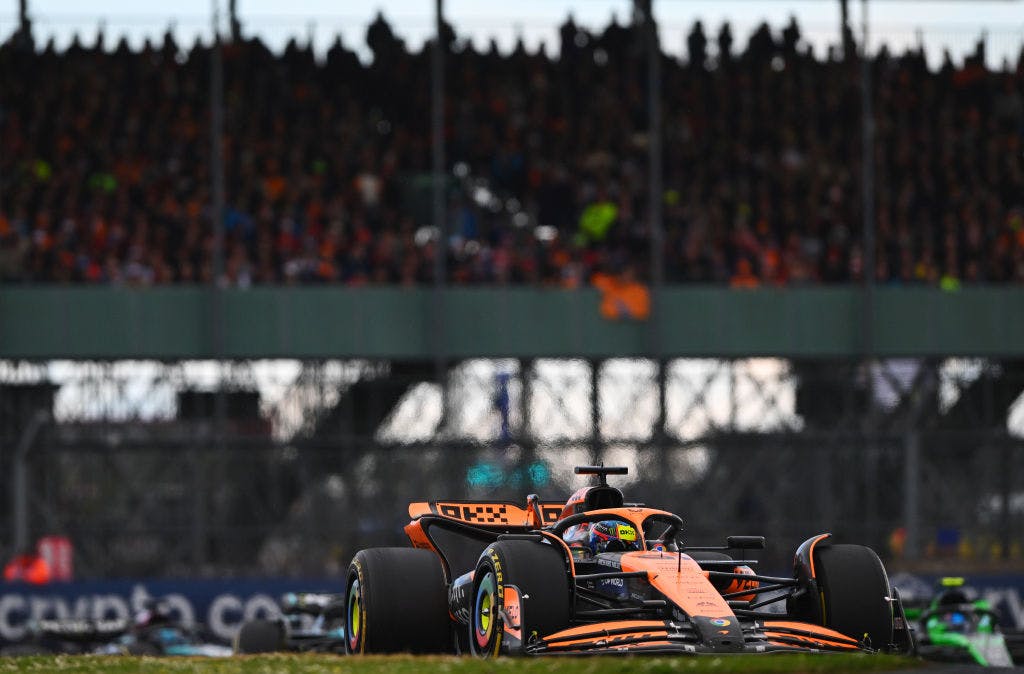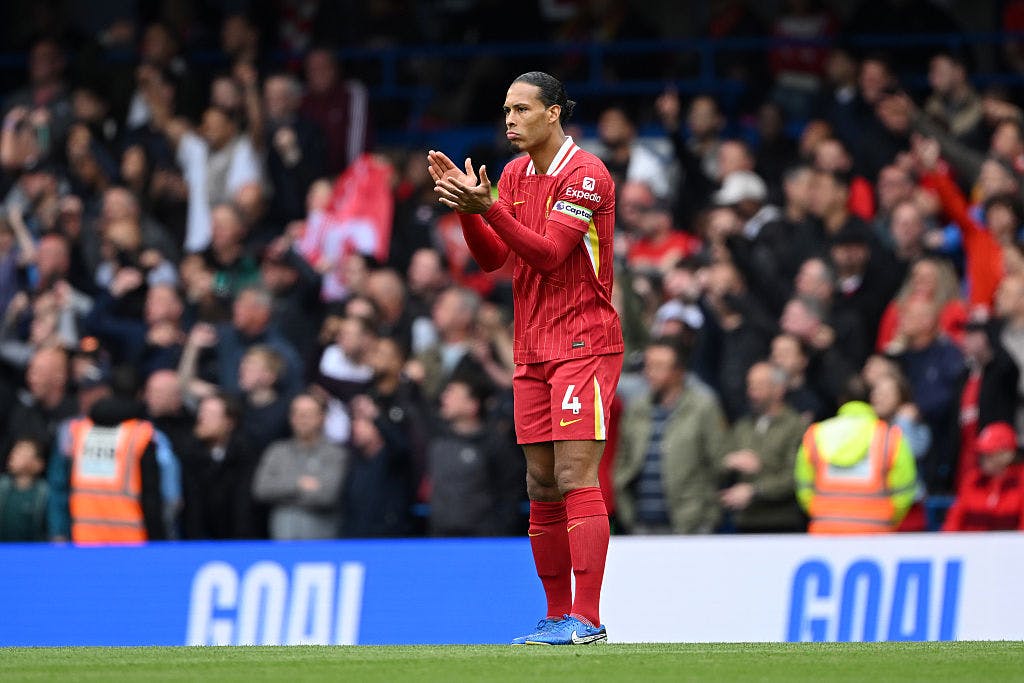
There have been plenty of well-publicised instances of tickets being sold and resold at inflated prices and, as a result, a consultation on the resale of live events tickets was launched in January 2025.
The consultation – which sought information on a range of areas, including the prevalence and challenges to preventing ticket touts, challenges faced by fans obtaining and reselling tickets, and the role of various online platforms – has now closed and potential policy interventions are under consideration.
The government’s plan to cap resale prices of event tickets is laudable and intended to protect consumers from ticket touts. However, as research by the Centre for Economics and Business Research (CEBR) suggests, this approach is likely to backfire, leading to fewer tickets changing hands, more empty seats, and significant economic damage to the live events sector.
The price of good intentions
The CEBR estimates that a 25 per cent increase in unsold tickets could cost the UK economy £183 million. That feels like a conservative estimate based on the 77.7 million fans that attended a sporting event in the UK in 2024.
Let’s set that loss of £183 million figure in context. It would have funded Team GB’s entire Paris 2024 Olympic campaign with change to spare. It’s more than the total transfer spend of the entire EFL Championship in a typical season. It’s the equivalent of selling out Wembley 10-times at £90 a ticket. And it’s three quarters of Sport England’s entire annual budget to help people play sport and take part in physical activity.
In prior research, the CEBR found that secondary market ticket purchasers spend an average of £629 on ancillary goods and services like travel, food, and accommodation. If price caps lead to more empty seats, this associated spending disappears.
With this potentially game-changing threat looming over British sport we must consider the broader context.

The impact of price caps on ticket sales
Currently, primary ticket markets involve a balancing act for price setters who must weigh revenue goals against factors like demand uncertainty and reputational risk. This often leads to primary prices being lower than the market would bear and an army of bots and professional sellers targeting online sales for the most in-demand events.
In contrast, secondary markets see prices set by supply and demand. This means sought-after events can see resale prices soar above or below face value.
While the frustration with inflated resale prices is understandable, CEBR’s findings highlight five key ways a resale price cap could inadvertently shrink the number of tickets resold:
1. Reduced incentive to resell
Individuals who can no longer attend an event may choose not to resell their tickets if the capped price doesn’t justify the effort.
2. Decreased motivation to attend
In uncapped markets, resale prices reflect how much someone values the event. Caps undermine this signal, increasing the chance that tickets end up with less committed fans who are more likely to be no-shows.
3. Unregulated sales
If resale caps push buyers and sellers to unofficial platforms like social media or messaging apps, ticket transfers become riskier and more complex – raising the likelihood that tickets go unused due to fraud, failed transfers, or timing issues.
4. Platform constraints and exit risks
Platforms that do not sell primary tickets may find it costly or difficult to verify face value, reducing their ability to comply with caps. This could force some resale platforms to exit the UK market, decreasing the availability of safe resale options and suppressing overall resale volume.
5. Price floors and unsold inventory
Some platforms, especially those integrated with primary sellers, also enforce price floors – minimum resale prices. If a resale price is both capped and floored, and doesn’t reflect actual demand, it increases the chance tickets won’t sell at all.

Fuelling fraudulent activity
As the CEBR report highlights, the shift to unregulated platforms (e.g. social media, messaging apps and street corners) is a major concern and presents a greater risk of fraud compared to official secondary marketplaces, where strong consumer protection measures and guarantees are in place. This is supported by data showing higher rates of ticket fraud in markets with price caps.
When looking at the overall live events industry, recent research from Bradshaw Advisory comparing fraud rates in Ireland and Victoria, Australia – markets with price caps in place for secondary sales – revealed that 13.6 per cent of Irish event goers reported falling victim to ticketing fraud since the cap came into effect in 2021. Consumers in Victoria witnessed a similar rate.
By contrast, the UK saw just 3.8 per cent of buyers report fraud, despite higher resale volumes. In Ireland and Victoria, more than one in seven consumers are victims of fraud, while in the UK it’s around one in 25.
When considering the introduction of caps for ticket prices, what appears to be consumer protection could potentially increase vulnerability to ticket fraud.

Caps hurt the consumers they try to protect
The facts are clear: capping resale prices on regulated platforms won’t stop touts. It will push ticket sales into the wild, unregulated black market, where fraud is rampant and consumer protection non-existent. Meanwhile, touts will simply adapt, flooding riskier corners of the internet where they can operate with impunity.
Recent banking reports also already paint a concerning picture. Lloyd’s Bank revealed that a staggering 90 per cent of Oasis ticket scams stemmed from fake posts and ads on social media, while Revolut data shows Meta platforms like Facebook, Instagram and WhatsApp are responsible for 54 per cent of all reported scams.
The evidence – which includes the independent Prof. Waterson Report and the CMA response to the previous government’s 2021 secondary market consultation – suggests price caps on regulated resale platforms, may have unintended consequences for the consumers they aim to protect.
Price caps may sound like a solution, but they’re little more than smoke and mirrors without addressing the root cause.
The government’s admirable desire to protect consumers needs to be balanced against the potential for unintended negative consequences. A policy aimed at curbing ticket touts could end up harming fans and sporting organisations’ abilities to generate revenues, where in many cases, a large proportion are reinvested into grassroots sport.
A potential solution is interoperability – a system in place in the banking sector via Open Banking. This means establishing automated ticket verification processes between retailers (both primary and secondary). This would bring benefits such as the sharing of information to identify illegal bot activity, verifying ticket information and stamping out instances of speculative selling.
Interoperability can bring innovation to a broken ticketing system by helping establish multi-channel distribution. Fans shouldn’t be stuck buying from just one place, facing confusing and failing systems.
It’s crucial that policy makers consider the full spectrum of consumer welfare and the significant economic activity that the secondary ticket market supports before assuming price caps will be a silver bullet.
Rob Wilson is a Professor of Applied Sport Finance and Director of Executive Education at UCFB.